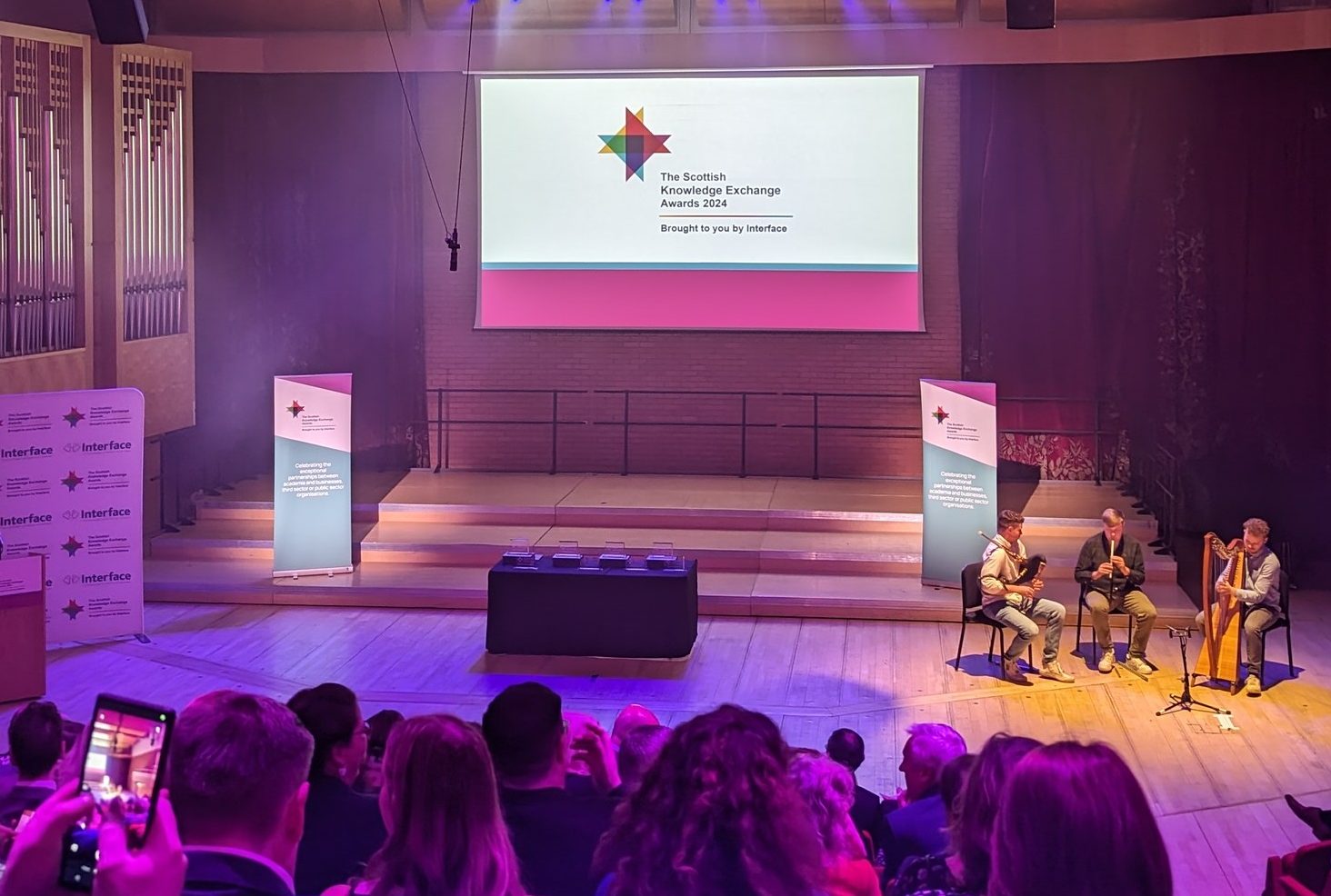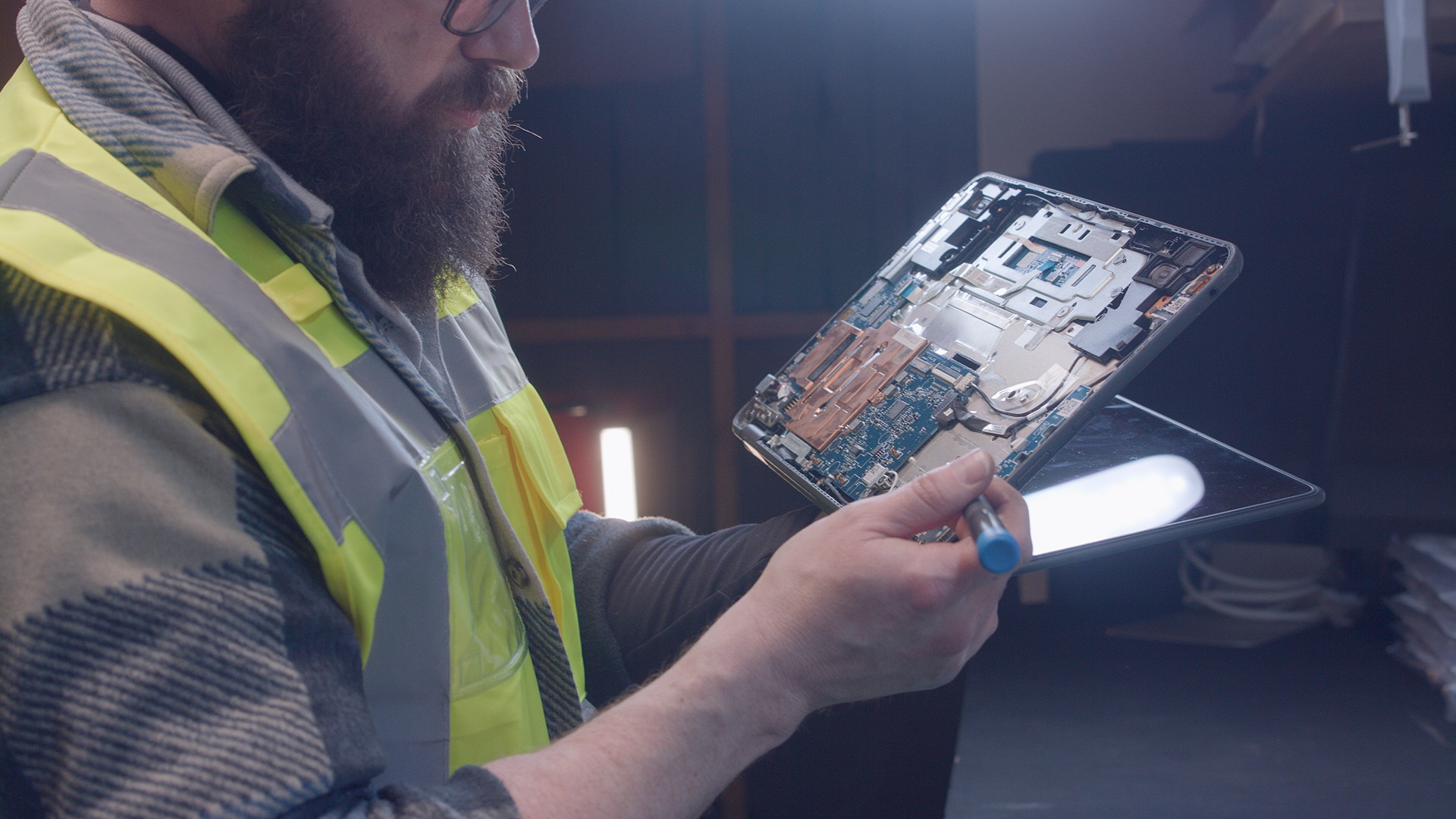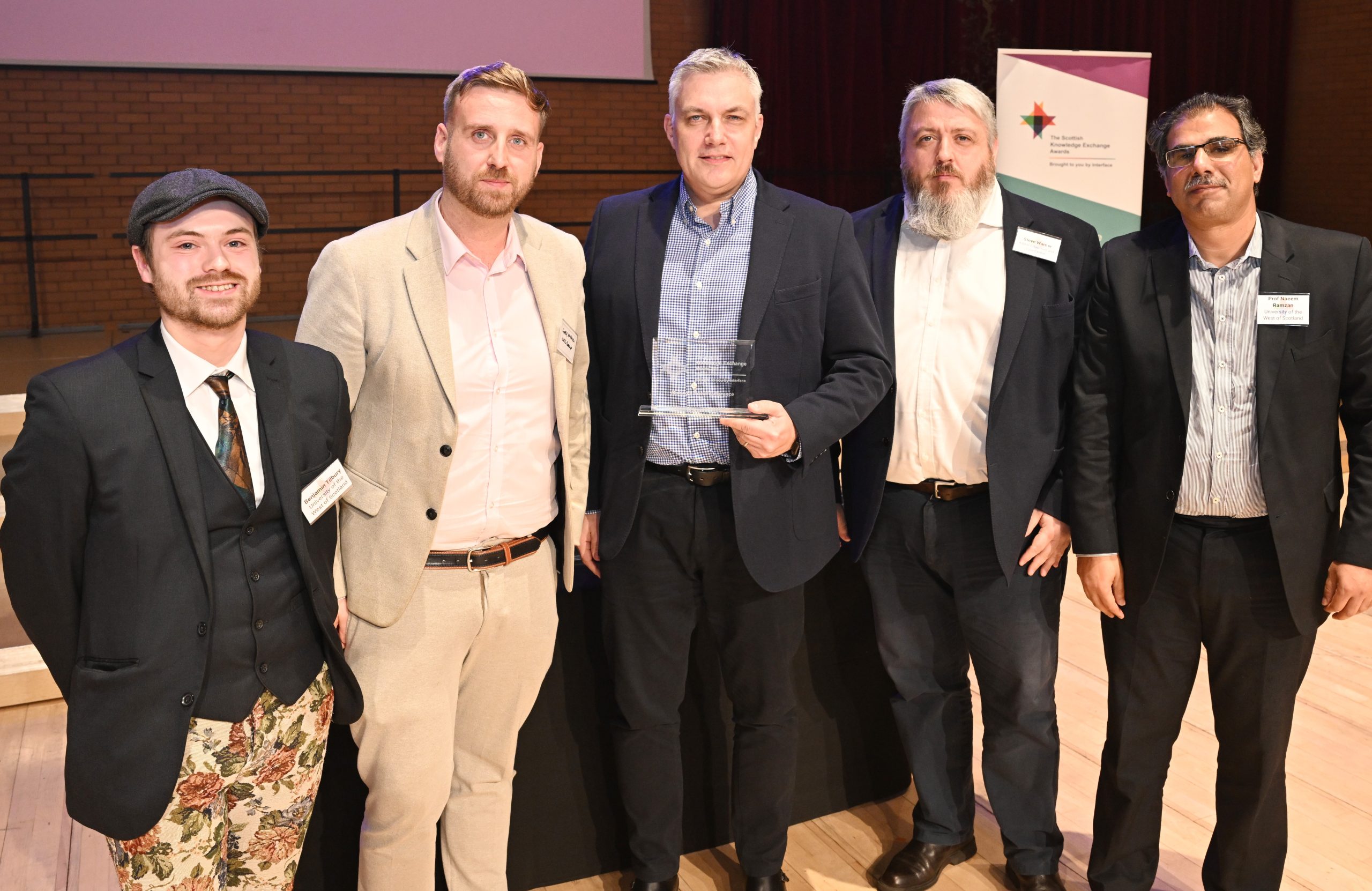Blog
Work-based learning vital for a human future

Scotland’s workers, current and future, are being told to worry less about academic achievement and technical knowledge, and focus more on “metaskills” such as creativity and critical thinking, if they want to be successful in years to come.
This was the stark message delivered to more than 100 global directors, policy makers and educationalists who attended the annual Centre for Work Based Learning (CWBL) symposium in Glasgow last year.
They heard from the likes of Airbnb, the Edge Foundation, Minerva Schools, PwC, and ETH Zurich – Swiss Federal Institute of Technology as they debated how to develop the skills needed to promote inclusive and sustainable growth for Scotland’s economy.
Delegates were left with absolutely no doubt that the world of work is changing, and to thrive in this new and fast-paced environment, businesses need resilient employees equipped with the right skills and knowledge, and the most effective way of doing that is by focusing on metaskills.
For absolute clarity, I’m not saying that you don’t need SVQs, Highers, degrees or any professional knowledge, I’m just saying – and there is huge consensus about this from all the speakers, and other experts around the world – that going forward, those alone will not be enough to survive in the workplace of the future.
Soft skills, or metaskills, will be vital for our personal as well as economic wellbeing and prosperity. We will all need to have the likes of emotional intelligence, cultural fluency and critical thinking in our personal skill set to cope with the future.
The video below captures some of the key discussion and highlights from the symposium. For more information about CWBL visit their website, and for a white paper on metaskills visit here.
Key comments:
“The world of work is changing. It’s crucial businesses, educators and policy makers collaborate to give people the right skills to build resilient employees who can adapt to evolving landscapes. Greater investment is needed in meta skills to develop critical and creative thinking, collaboration and communication which can be achieved through work-based learning.” Damien Yeates, CEO of Skills Development Scotland
“The scale of skills shortage vacancies increased by 22% in 2017 to 226,000, with skills gaps increasing by 13% to almost 1.3 million. The future cannot be predicted, and uncertainty is an element we must live with. Giving adults skills which are clearly developed and transferable will help.” Olly Newton, Director of Policy and Research at the Edge Foundation
“Core skills need to be taught from fundamental concepts, so students can develop a lens of critical thinking they can bring to new situations and problems. There is an opportunity to use these skills universally, and by teaching habits of mind and opportunities to practice, it results in an adaptive workforce which is prepared for any challenge.” Robin Goldberg, Chief Experience Officer at Minerva
“We are in an age of technological evolution and adoption; technology has superseded the qualification before it hits the market. The 21st-century learner and 21st-century learning are right at heart of this debate, provoking discussion on how to develop qualifications, while learning to be creative and resilient, and survive change.” Martin Boyle, Head of Creative Industries, Hospitality and Sport at the SQA
“Diversity of thought is important in the workplace and can be achieved through combining academic and vocational development to generate greater quality outcomes. This type of learning will bring opportunities to students in secondary education in particular, and provide clear pathways for growth and development of metaskills through collaboration.” Maureen Douglas, Group Human Resource Director at Forster Group



